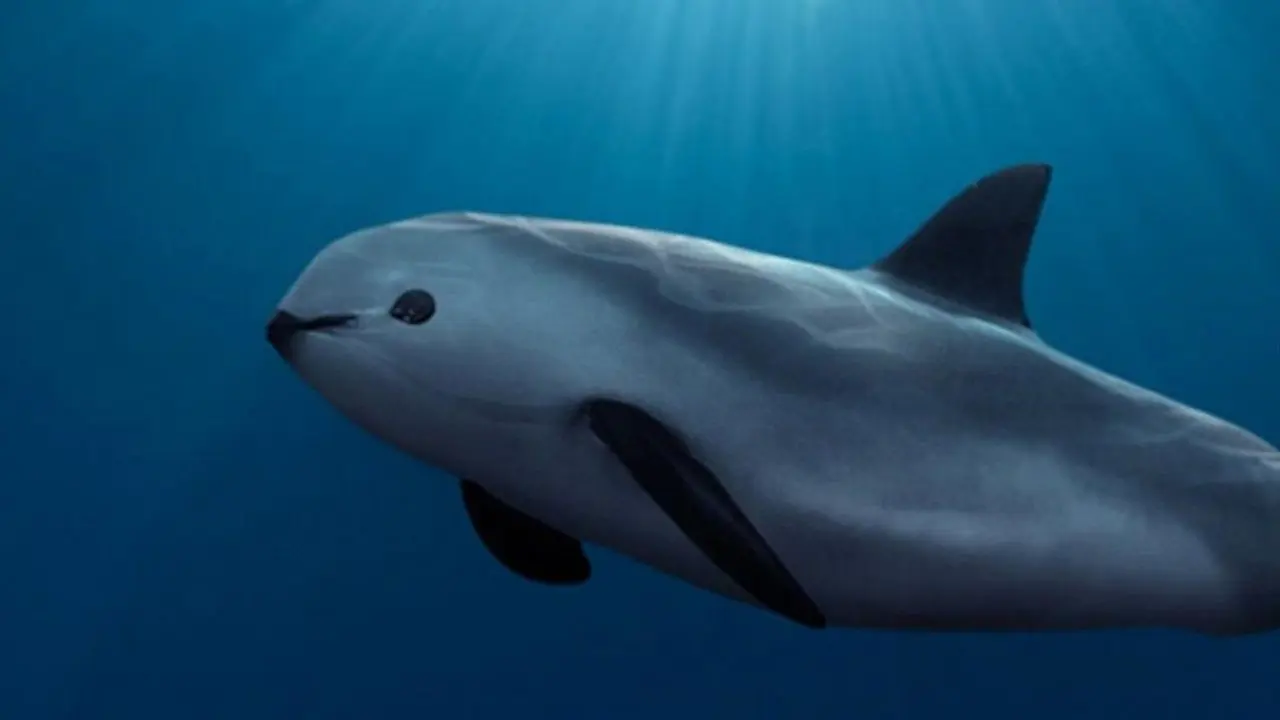
The Vaquita and Totoaba Tragedy
The vaquita and the totoaba are two marine species found in the Upper Gulf of California, also known as the Sea of Cortez. These two species are interconnected in a way that has threatened the existence of the vaquita, which is the world's most endangered marine mammal.
The vaquita is a small porpoise that only lives in a confined area of the Upper Gulf of California. The totoaba is a fish that can grow up to six feet long and is also found in the same area. The totoaba's swim bladder is highly valued in China as a delicacy, which has led to illegal fishing practices in the region.
The problem is that these illegal fishing practices often use gillnets that indiscriminately trap and kill both vaquitas and totoabas. The vaquita population has been declining at an alarming rate and it is estimated that there are only around 10 of them left in the wild. If nothing is done to protect them, they could become extinct within the next few years.
Conservation efforts are underway to try to save the vaquita. One of the most important steps has been to ban gillnet fishing in the area where the vaquita lives. The Mexican government has also launched a program to compensate local fishermen who give up their gillnet fishing gear and switch to more sustainable fishing methods.
Despite these efforts, illegal fishing practices continue to threaten the vaquita's survival. The totoaba fishery is difficult to police, and many fishermen continue to use gillnets in the hope of catching totoabas. It's a difficult problem to solve, as the economic incentives for illegal fishing are so high.
The situation with the vaquita and the totoaba is a reminder of the delicate balance of marine ecosystems and the importance of conservation efforts to protect these precious resources.